
Part 2 MARK STATMAN: MEXICO AND THE POETRY OF GRIEF AND CELEBRATION
Part 2 of my interview with Mark Statman looks closely at Mark’s Latin American poetic influences, his life in Mexico and ends with an extract
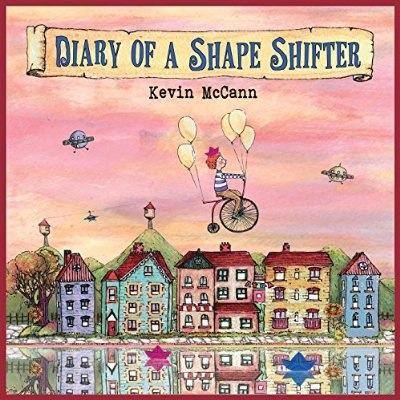
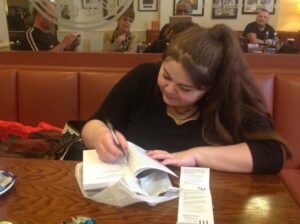
I interviewed grassroots publisher and author Jennifer Smedley about running an independent publishing house and writing her own novels.
Leslie: As owner and creative director, can you tell us the story in a nutshell of Plantapress from how it began up to today?
Jennifer: I started to write my debut novel Snofjell in 2002, setting myself a target of a chapter per day. I was 23 at the time, and I must say I write very differently now! I stuck to it for about twelve days, completing between eleven and thirteen chapters, and then shelved it for seven years. In 2009, I decided to try and do something with it, and a friend suggested I set up an Facebook page for it. Towards the end of that year, with 120 people subscribed to the page, I speculatively contacted a major Norwegian publishing house about it. They were interested in seeing what I had, but before I could send them hard copy, my printer broke. It never got there, but it’s strange how things happen. Towards the end of 2010, I ended up getting the chance to work with the amazingly talented artist Jenn Llewellyn who did the cover, I set up PlantaPress to self-publish, and the rest is history. Snofjell was released in December 2010. Aware of the stigma attached to self-publishing, I decided it might be a good idea to publish others alongside my own work – for free, as a good old-fashioned grassroots indie house. Looking back I believe I did that too soon, as I began to focus increasingly on other people’s work and less on my own, and it has influenced my recent decision to just do my own work now. I’m currently working on a short story anthology, Snofjell’s third edition, and the prequel to Snofjell.
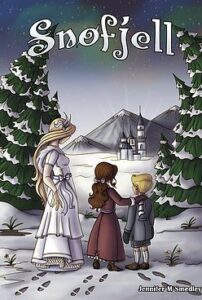
Leslie: As an author, can you tell us about your own books – are they story-led, language-driven or character-led, and why did you choose Norway as the setting for Snofjell?
Jennifer: I’d say they were mostly character-led to be honest. I usually see the character first. Often, settings will inspire me, though, and I will start off with an image of a place in my mind. More often than not, I’ve never been to those places but I fancy going there. Mostly, though, it seems to be the characters that start me off. Then the story builds around them. Norway has a lot of mystery about it. I think it’s that fairytale aspect again. The gothic unknown created by the dark, unpredictable landscapes of Northern Europe.
Leslie: Do you work straight onto the page, in notebooks, orally, through slow drafting/redrafting, or some other method? How do you deal with difficulties such as shaping a narrative, maintaining (or varying) a tone, and writer’s block? Do your books ‘adapt’ your own experience – if so, in what ways, please?
Jennifer: It’s funny, I often prefer to write with good old-fashioned pen and paper. With the advent of new technology, though, I very often find myself typing parts of short stories and novels into my messaging facility on my iPhone. I save them in Drafts. I am slowly getting used to typing creatively direct onto the computer, as it saves a lot of typing-up time, but it’s taken me years to train my brain to be friends with the keyboard as well as the pen. The handheld nature of the iPhone has been a nice bridge between pen and paper, and computer keyboard. I’m not that old either at 38, but it just shows how quickly technology has advanced even in the twenty years since I was a teenager.
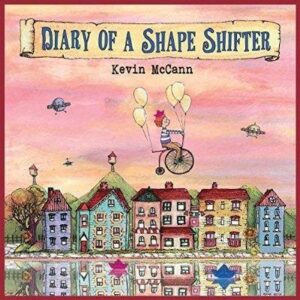
When I feel myself beginning to write less well, I take time out. Writing is a bit like water. Sometimes there is a deluge and you can’t keep up with the pen/typing. Other times it’s a bit of a trickle or a good, steady flow. And then of course there are the dry times… It’s best not to force it at those times. In fact, never force it at all if you’ve tried everything and it’s just not happening. Step away and think about something else. It’ll come when it’s ready. So I let it keep flowing and try to keep up until it becomes a trickle, and then I take a step back and wait for it to flow again. Sometimes I’ll wait minutes, other times a whole day.
I tend to maintain tone through my feeling and through sound. I have a musical side so I can hear and feel tone and rhythm, in words and dialogue. It helps. I’ve done a few things with music in the past. I wrote and recorded a song for my A-Level Media coursework when I was 18 which I loved. Within the next couple of years I got places as a singer on two university music degrees and a BTec Pop Music course, but I was young and lacking in confidence, and I never made the most of those opportunities. Even though I have sung on the quiet for as long as I can remember, and used to teach myself the lyrics of the hymns at church from age five onwards so I could sing them at home, I built up more confidence as a writer, and so that’s what I have gone for first. I’ve got a keyboard, and I bought Cubase, a microphone and an interface a couple of years ago with the intent of writing my own songs (which I’ve done in my head since I was a kid) I just need to figure out how to use them! Singing for me is like breathing, though, it never leaves you. I think I will do something properly with my voice at some point.
I never write autobiographically, in that characters and events are not directly transposed from my own life. They may very loosely remind me of someone, but they are completely their own person. Same with settings. I may take them somewhere I’ve never been myself, but wonder what it’s like to go. This is where research is very important. If I’m going to do that – transport them to far-fetched places – I need to render my work accurately.
Leslie: As a publisher, what kind of material are you looking for at Plantpress?
Jennifer: When I was taking submissions, I have to admit that I followed my intuition all the time. I used to feel it in my solar plexus if a writer’s work hit me. I just knew. Every book we put out there and sold, touched the readers, and every five star review you see is genuine. As time went on, despite my own book being in the realm of fairy-tales and fantasy (with a hint of the gothic and the supernatural) I noticed we had mainly mental health and children’s titles, but not combined.
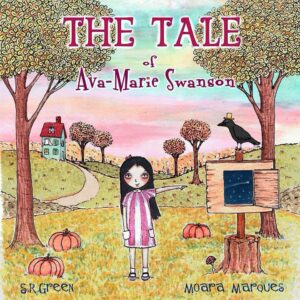
Leslie: What special qualities can a reader expect from PlantaPress?
Jennifer: I have always had very high standards when it came to the interiors and the covers and, thanks to the amazing artists, PlantaPress is starting to get a reputation for book covers. It has been the combination of all our strengths – my flair for English and bringing text to life, the writing from the authors, and the visual acuity of the artists – that has made the books great to read.
Leslie: What went into Plantapress from you – how does it reflect your skills?
Jennifer: With the text-based books, I edited the interior with the author and then, once that was done, I designed it, taking it from an A4 word-processed document to an appropriately-sized and marketable book. I would typeset it, lay it out, and choose fonts and colours that worked with what the artist had done for the cover.
Leslie: Where did those interests/skills come from?
Jennifer: I was reading early – at age 3 and a half. My Mum and Dad found me sat in the porch one day (I had been seeking light apparently) with the News of the World draped across my knees! They realised I was reading it, not just looking at the pictures, so they hastily got me proper books and that’s how I ended up with Volumes 1 and 2 of The World’s Best Fairytales by Readers Digest (1982 editions). I think that’s where Snofjell came from – my love of folklore and fairytales started there.
Leslie: How does your academic background and interest in history fit into Plantapress and inspire your own writing?
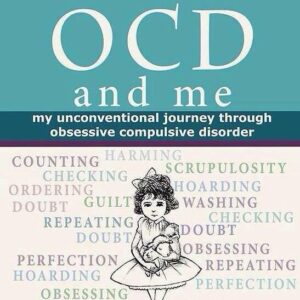
Jennifer: I am a complete Medievalist, so illuminated manuscripts and anything to do with book history completely fascinates me. Researching the historical and cultural background during the writing process is very satisfying to my academic side. I’m particularly inspired by the weather, topography, archaeology, and architecture/buildings.
Leslie: Does Plantpress relate to your politics – if so, how?
Jennifer: Haha! I’m very down to earth, and I’m more interested in getting the job done and doing it really well with the right people, than poncing around with airs and graces. I’m aspirational, but I’m balanced. I’m also very kind, but I’m not daft. I do lean Left politically, and I’m currently an unashamed Corbynista (who backed him from day one) with a hint of Green. I think Caroline Lucas and Natalie Bennett are great. Actually I have a lot of green, and I think that POD (print on demand) is the best thing ever. Not only is it great economically and environmentally, meaning we only print the books we need thus simultaneously freeing up cash and reducing our carbon footprint, it also allows anyone who wants to write to have their voice heard because it isn’t especially costly to put books out there anymore. It challenges the traditional establishment who, incidentally, still aren’t keen on POD unless it’s for backlist. I think that’s powerful. In terms of published content, I’ve often thought that our output might directly reflect my politics, one day!
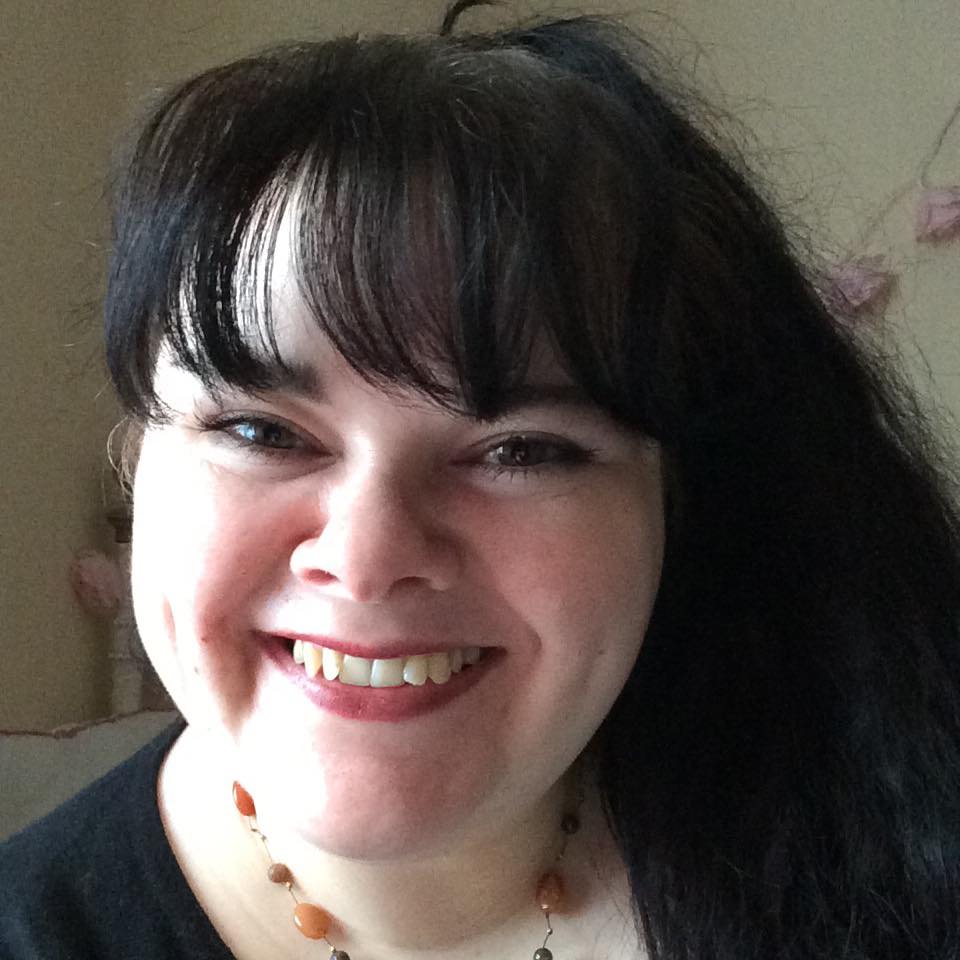
Leslie: Looking back, what were the stand-out moments that characterised starting up Plantapress?
Jennifer: It has been a mad ride! Jenn Llewellyn and I trying to get the book out in three months back in 2010. Me trying to raise the finance to print it. We did it, but I wish I had known about POD technology back then. Oh, and that trying to put a book out there in three months is do-able but not recommended! Doing my first signing at Waterstones with Johnny Parker and Andrea Foy. Working with Bess Cunningham on her wonderful book OCD and Me, and navigating the differences between US and UK English. We have had so many laughs, and she has become a close friend. Ask her about the references!
Next week in THE MUSIC OF RESISTANCE, I interview psychologist and musician Joe Rhinewine about his recently-released anti-Trump album, ‘Monkey Grasps at Uranium’.
ABOUT LESLIE TATE’S BOOKS:

Part 2 of my interview with Mark Statman looks closely at Mark’s Latin American poetic influences, his life in Mexico and ends with an extract

I interviewed international poet and translator Mark Statman about Volverse/Volver, his 14th published collection. Mark, who has won national arts awards, is Emeritus Professor of Literary

I interviewed Lisa Dart, finalist in the Grolier, Aesthetica and Troubadour Poetry Prizes and author of The Linguistics of Light (poems, Salt, 2008), Fathom (prose

I interviewed writer Julia Lee Barclay-Morton about her experience of autism. Julia began as an experimental dramatist in New York, moving to the UK to

I interviewed Gillean McDougall from Glasgow, who edited the collaborative projects Honest Error (on Charles Rennie Mackintosh and his wife Margaret Macdonald) and Writing the
| Cookie | Duration | Description |
|---|---|---|
| cookielawinfo-checkbox-analytics | 11 months | This cookie is set by GDPR Cookie Consent plugin. The cookie is used to store the user consent for the cookies in the category "Analytics". |
| cookielawinfo-checkbox-functional | 11 months | The cookie is set by GDPR cookie consent to record the user consent for the cookies in the category "Functional". |
| cookielawinfo-checkbox-necessary | 11 months | This cookie is set by GDPR Cookie Consent plugin. The cookies is used to store the user consent for the cookies in the category "Necessary". |
| cookielawinfo-checkbox-others | 11 months | This cookie is set by GDPR Cookie Consent plugin. The cookie is used to store the user consent for the cookies in the category "Other. |
| cookielawinfo-checkbox-performance | 11 months | This cookie is set by GDPR Cookie Consent plugin. The cookie is used to store the user consent for the cookies in the category "Performance". |
| viewed_cookie_policy | 11 months | The cookie is set by the GDPR Cookie Consent plugin and is used to store whether or not user has consented to the use of cookies. It does not store any personal data. |